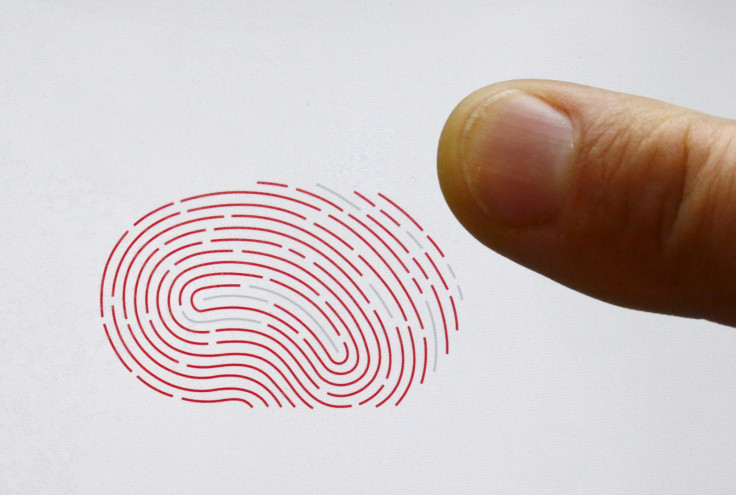India's 1.3 billion citizens' biometric data to be shared with private firms, raising privacy concerns
Fingerprints, iris scans and more of around 1.3bn Indians have been collected as part of the government's India Stack programme.

About 1.3 billion Indian citizens' biometric data may soon be in the hands over several private firms. The Indian government reportedly intends to share citizens' data, including fingerprints, iris scans and more, with private companies and start-ups, in hopes of boosting innovation and digitisation.
The move has reportedly raised privacy concerns among some who fear the data sharing may lead to unprecedented security and privacy risks.
The government-backed India Stack program is slated to open up the nation's massive reservoir of citizen's data to businesses such as health care providers, software developers and any other firms interested in accessing the government's citizen identification records and incorporating them into their products and services, Vocativ reported.
The government's initiative is in efforts to create a centralised system for e-commerce, which can be used by citizens to buy products, apply for health insurance, or even to qualify for a loan, by making use of the biometric sensors on their smartphones.
However, privacy advocates fear the data sharing programme could open up a can of worms, likely increasing the risk of data breaches and security and data privacy abuse.
"It's the worst time for privacy policy in the country," Sunil Abraham, the executive director of the Bangalore-based Centre for Internet and Society, told the Wall Street Journal. "We are very caught up in technological exuberance. Techno-utopians are ruling the roost."
The India Stack program is the latest in a series of recent such government schemes, designed to plunge the nation headfirst into a completely cashless and digitized economy.
The Unique Identification Authority of India recently registered over 91% of the nation's population's personal information into a centralized system called Aadhaar. The system has been designed to be integrated with banks, providing citizens with the ability to complete financial transactions as well as access government services, just by using their fingerprints.
India's recent demonitisation initiative also saw an immediate ban on older bank notes and a limited production of higher-denomination bank notes, in efforts to propel the nation's digital payment system.
The Centre For Internet and Society noted in a paper, "While the efforts of the government are commendable, the efficacy of these programs in the absence of sufficient infrastructure for security raises various concerns. Increased awareness among citizens and stronger security measures by the governments are necessary to combat the cogent threats to data privacy arising out of the increasing rate of cyberattacks."
© Copyright IBTimes 2025. All rights reserved.






















